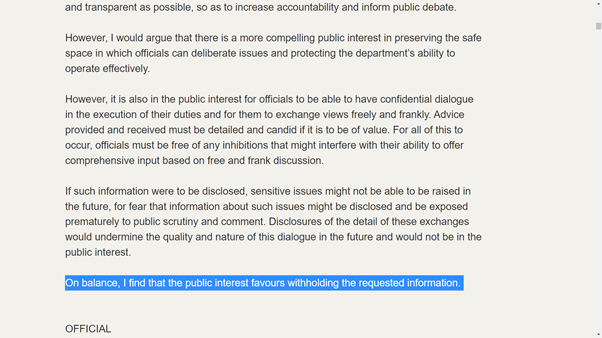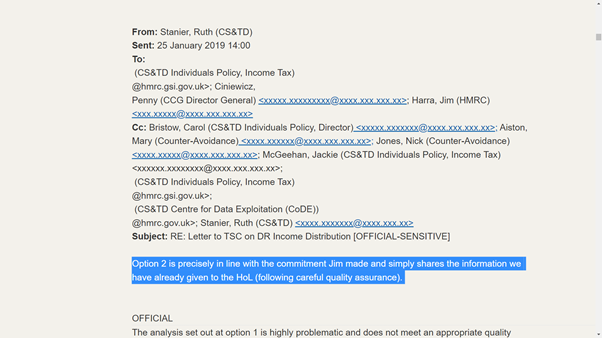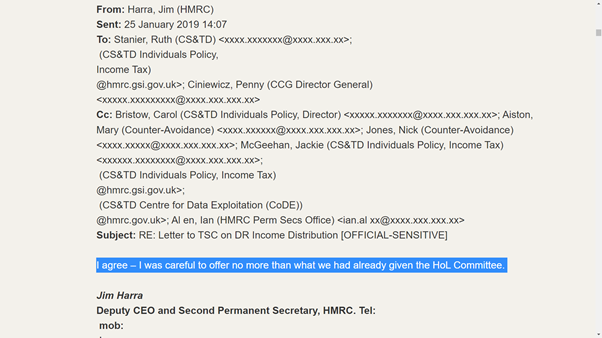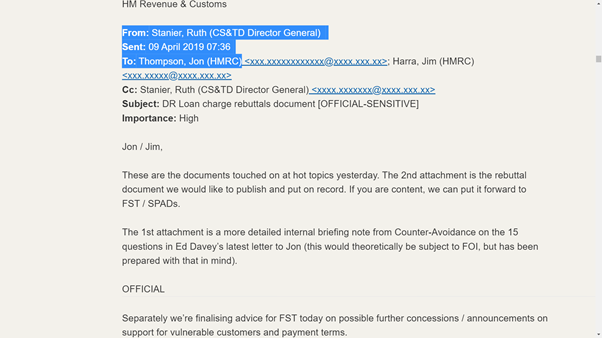
Annex A provides an interesting summary of the history of these schemes, emphasising the expansion to contractor loans in about 2004 (previously said to be 2005/06).
25/33

25/33
https://twitter.com/keithmgordon/status/1427919604089769984


Annex C summarises how HMRC publicised their views.
A lack of any clear communication with the taxpayers involved until 2014 (when just 11000 taxpayers were written to).
29/33


A lack of any clear communication with the taxpayers involved until 2014 (when just 11000 taxpayers were written to).
29/33



Annex F shows the pro-HMRC feedback gleaned from media outlets (rather than the criticism levelled against the loan charge policy).
33/33

33/33


• • •
Missing some Tweet in this thread? You can try to
force a refresh






























